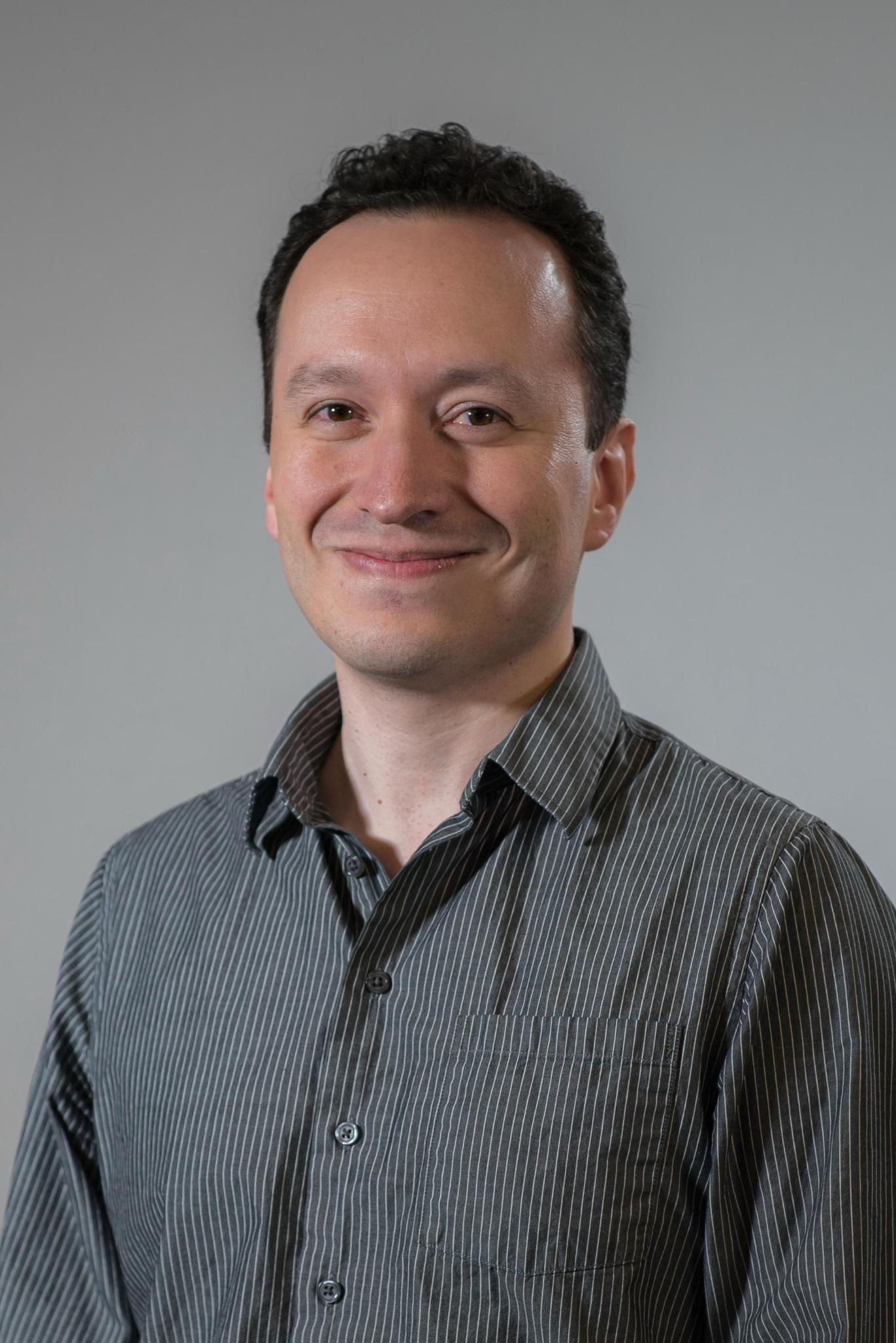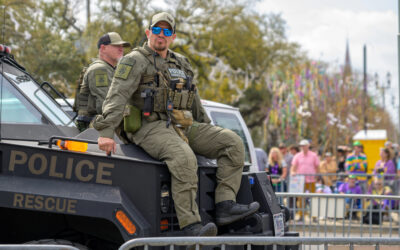“History is seasonal and winter is coming.”
No, that’s not a Game of Thrones quote. It’s the last line of a 2010 documentary called Generation Zero, written and directed by Steven K. Bannon. Perhaps you’ve heard of him.
Bannon is President Donald Trump’s senior counselor and chief ideologist. So great is his sway over the “leader of the free world” that Time Magazine recently dubbed him “the second most powerful man in the world.” He allegedly wrote most of Trump’s scathing inaugural address. He recently secured a seat in the National Security Council. And many observers see his fingertips on much of the administration’s initial flurry of executive orders, including the controversial travel ban.
Given this power, understanding Bannon’s belief that “winter is coming” to America becomes urgent. His lurid documentary was entirely premised on a theory of history formulated by William Strauss and Neil Howe, authors of The Fourth Turning: An American Prophecy. Howe himself delivered the film’s ominous closing prediction.
The Vision
Strauss and Howe claimed that history runs in cycles, each lasting roughly 80 years. Each cycle, or saeculum, consist of four phases, or “turnings.” By “winter,” Howe and Bannon were referring to the hugely important “fourth turning,” a cataclysmic crisis that ends an era and ushers in the next.
According to Strauss and Howe, all of the last three fourth turnings in American history culminated in wars, each bigger than the last: the Revolutionary War, the Civil War, and World War II. In Generation Zero, Bannon argues that the country is due for another fourth turning, and that the 2008 financial crisis, bailouts, and ensuing Tea Party reaction represented the beginning of the next one.
According to David Kaiser, one of the historians featured in Generation Zero, Bannon believes the coming “winter” will continue the pattern of being even worse than the last. Kaiser recalled Bannon making the extrapolation during the production of the film:
You have the American Revolution, you have the Civil War, you have World War II; they’re getting bigger and bigger. Clearly, he was anticipating that in this Fourth Turning there would be one at least as big.
It’s reasonable to infer that “at least as big” as World War II implies World War III.
Bannon seems to elaborate on the shape of this global clash in remarks made in subsequent years. In 2014, Bannon told an audience of conservative Catholic activists that “we’re at the very beginning stages of a very brutal and bloody conflict” in which his audience would be compelled to fight for their beliefs against “this new barbarity that’s starting, that will completely eradicate everything that we’ve been bequeathed over the last 2,000, 2,500 years.”
“We’re In a War”
Bannon then detailed three “converging tendencies” leading to “this new barbarity.”
The first consisted of two pernicious strands of capitalism that he regarded as antithetical to what he called “enlightened capitalism.” There was the crony capitalism that was his chief target in Generation Zero. He also condemned “libertarian capitalism” for commodifying human beings.
The second strand was “an immense secularization of the West” and especially the youth.
Then he raised the third strand, saying “we are in an outright war against jihadist Islamic fascism. And this war is, I think, metastasizing far quicker than governments can handle it.” He later added, “we’re now, I believe, at the beginning stages of a global war against Islamic fascism.”
Later in the Q&A period, Bannon said:
If you look back at the long history of the Judeo-Christian West struggle against Islam, I believe that our forefathers kept their stance, and I think they did the right thing. I think they kept it out of the world, whether it was at Vienna, or Tours, or other places…
In November 2015, over a year later, his position had not changed. Bannon said, “…we’re in a war. We’re clearly going into, I think, a major shooting war in the Middle East again.”
Bannon’s crusader rhetoric finds its mirror image in the ideology of ISIS, which explicitly seeks to eliminate what it calls the “grayzone” of religious and cultural co-existence and to polarize the world into two warring camps: the “Crusader Camp” and the “Camp of (extremist) Islam.” The jihadis, like Bannon, believe that a global, apocalyptic “clash of civilizations” is inevitable. They seek to hasten that crisis by using terror attacks to elicit brutal western responses (like persecuting immigrants and Trump’s recent child-slaughtering raid in Yemen) in order to alienate and radicalize formerly non-violent Muslims. ISIS reportedly celebrated Trump’s sweeping immigration order, even dubbing it “the blessed ban,” because it “shows that there is a clash of civilizations, that Muslims are not welcome in America etc.”
While he regards radical Islam as the most pressing conflict, it is not the only one. In March 2016, Bannon anticipated a war with China:
We’re going to war in the South China Sea in five to 10 years. There’s no doubt about that. They’re taking their sandbars and making basically stationary aircraft carriers and putting missiles on those. They come here to the United States in front of our face – and you understand how important face is – and say it’s an ancient territorial sea.
Many anti-war libertarians hoped that the Trump administration would not only end the neocon-led era of Middle East interventionism but also thaw the new cold war with Russia. But in his 2014 remarks, Bannon, Trump’s chief strategist, said that even Putin would eventually have to be dealt with and that any current detente was merely strategic, for the purpose of dealing with the more pressing Islamic threat:
Because at the end of the day, I think that Putin and his cronies are really a kleptocracy, that are really an imperialist power that wants to expand. However, I really believe that in this current environment, where you’re facing a potential new caliphate that is very aggressive that is really a situation — I’m not saying we can put it on a back burner — but I think we have to deal with first things first.
Bannon seems to see conflict everywhere he looks: paranoid visions of expansionist incursions from all directions. This is symptomatic of what Ludwig von Mises called “warfare sociology.” According to Mises, such an ideology rejects the classical liberal notion of a natural harmony of interests based on the universal benefits of social cooperation and the division of labor. Instead, warfare sociology is rooted in an underlying philosophy according to which no party can gain except at the expense of another. In such a “zero sum” world, conflict among opposing interests is unavoidably endemic. In left-wing ideologies, this manifests as class warfare and identity politics. In right-wing ideologies, it manifests as culture warfare and the many manifestations of nationalism: protectionism (of which Bannon is an ardent advocate), wars, and geopolitical power plays. As Mises wrote:
In principle class ideology is no different from national ideology. In fact there is no contrast between the interests of particular nations and races. It is national ideology which first creates the belief in special interests and turns nations into special groups which fight each other. Nationalist ideology divides society vertically; the socialist ideology divides society horizontally.
Double-Timing History’s March
All of this amounts to a bleak winter indeed. It might otherwise be dismissed as harmless crackpottery if it was not weaponized by Bannon’s sway over the man with the nuclear codes.
True believers in rigid theories of history tend toward fanatical, impervious dogmatism. Every major development is interpreted as a portent that confirms their theory: as another step in the inexorable march of history. And all evidence to the contrary is ignored or dismissed as insignificant counter-currents within the grand, unidirectional flow.
And historical determinists are rarely content to sit back and watch history unfurl. Like the Marxists, they often feel compelled to help along and hasten the inevitable. And prophecies of an inevitable war tend to be self-fulfilling when the prophet is in the position to start one. Steve Bannon, in bringing on the very winter he foresees, could be Cassandra and Agamemnon in one.
This article was originally published on FEE.org. Read the original article.
































